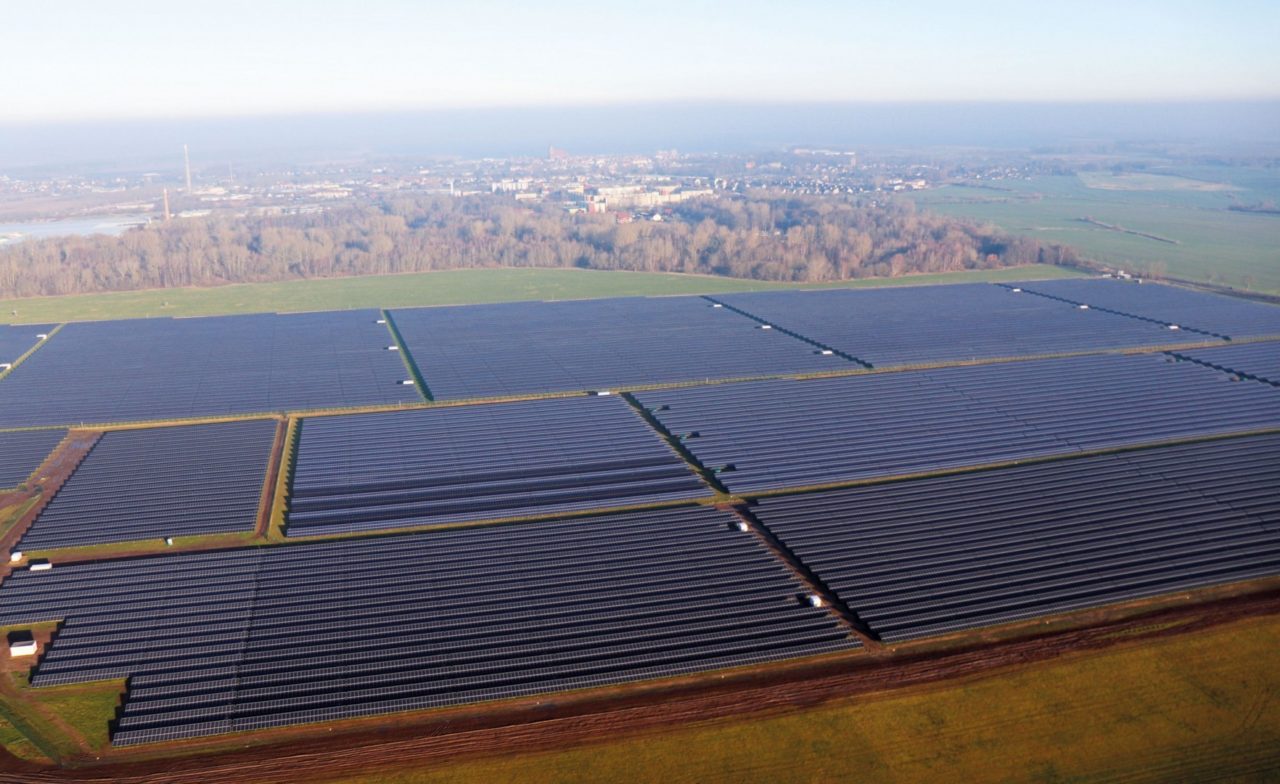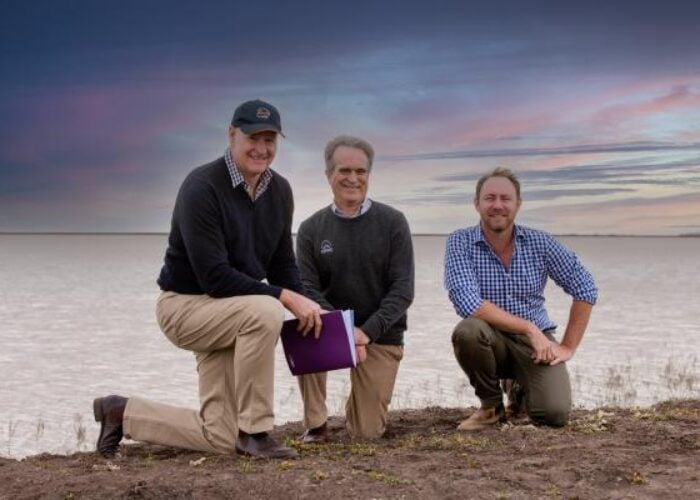
Germany’s subsidy-free solar scene has seen a landmark deal this week, with an investor moving to acquire what is being billed as the country’s largest project to date.
BayWa r.e. has sold its zero-subsidy 8.8MW Barth V solar plant to Encavis Asset Management, as part of a broader acquisition deal unveiled on Tuesday.
Unlock unlimited access for 12 whole months of distinctive global analysis
Photovoltaics International is now included.
- Regular insight and analysis of the industry’s biggest developments
- In-depth interviews with the industry’s leading figures
- Unlimited digital access to the PV Tech Power journal catalogue
- Unlimited digital access to the Photovoltaics International journal catalogue
- Access to more than 1,000 technical papers
- Discounts on Solar Media’s portfolio of events, in-person and virtual
The agreed package will see a portfolio of 35MWp sold to Encavis Infrastructure Fund II, with five plants – Barth III to Barth IV – changing hands all in all.
Construction of the subsidy-free 8.8MW Barth V plant kicked off near Stralsund, a three-hour drive north of Berlin, around May. The solar plant was powered up in October, BayWa r.e. said.
According to the firm, the zero-subsidy project was helped along by pre-planned cabling routes and grid connections, as well as “close collaboration” with land owners and local residents.
Its development was supported via a 20-year non-recourse loan from UmweltBank, BayWa r.e. explained, describing the facility’s conditions as “attractive”.
Subsidy-free momentum heads to Europe’s north
Under its new owner Encavis, Barth V will sell its output via a five-year power purchase agreement (PPA) with BayWa r.e.’s own energy trading subsidiary, BayWa r.e. Clean Energy Sourcing.
The four other plants Encavis is buying, all backed by German renewable subsidies, lie in the 0.75MW to 9.9MW range and were commissioned between early 2017 and late 2019.
The interest in zero-subsidy Barth V from both potential PPA offtakers and investors was “great”, said Matthias Taft, who looks after energy business at the board of parent BayWa AG.
The sale of a subsidy-free project finds German PV increasingly mulling this route even as the government acts to ensure subsidies remain in place, in a bid to reach a 98GW-by-2030 goal.
Far larger zero-subsidy ventures than Barth V have emerged since the project was announced. Late 2019 brought progress for projects by EnBW (180MW) and Statkraft and Enerparc (52MW).
According to new industry stats, Germany – Europe’s largest solar market at around 48GW – is set to end 2019 with 4GW in annual PV installs, overtaken only by Spain’s 4.7GW.
The prospects and challenges of solar's new era in Europe and beyond will take centre stage at Solar Media's Solar Finance & Investment Europe (London, 5-6 February) and Large Scale Solar Europe 2020 (Lisbon, on 31 March-1 April 2020).







